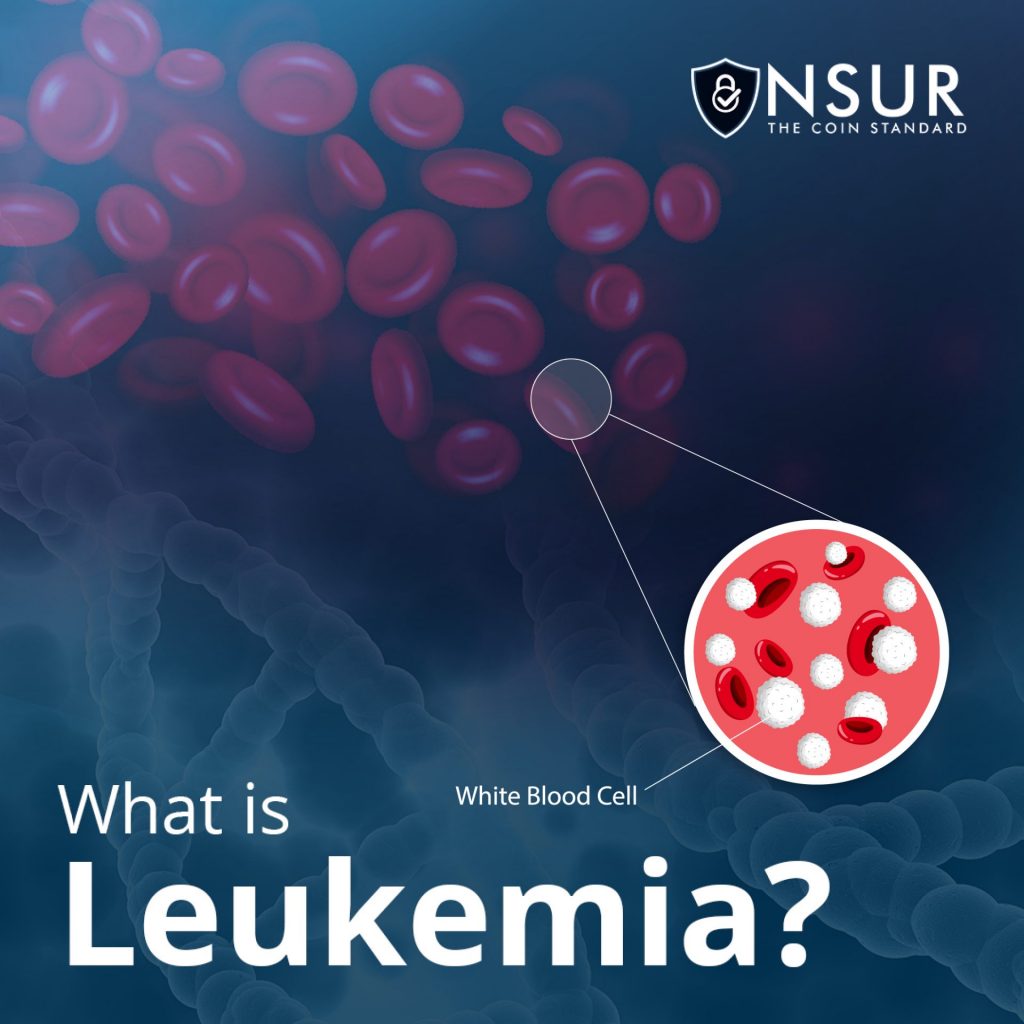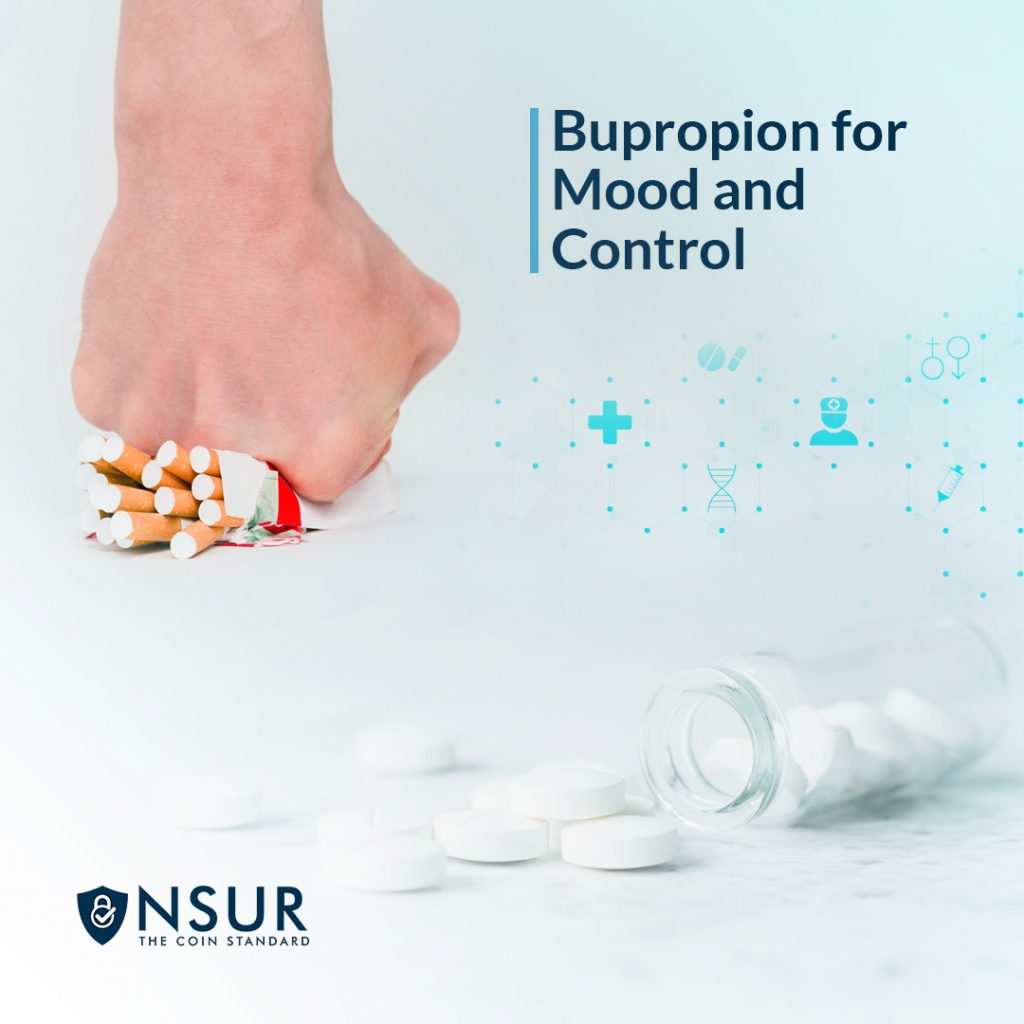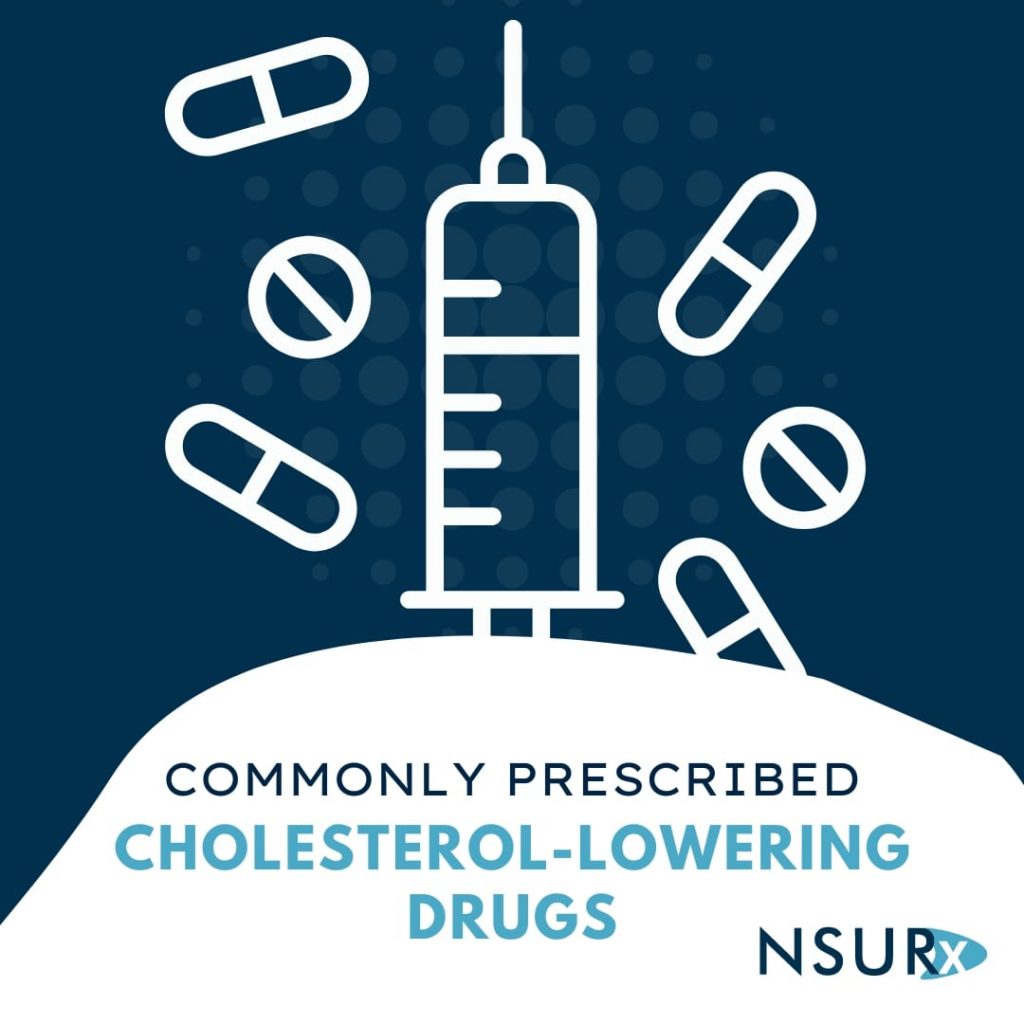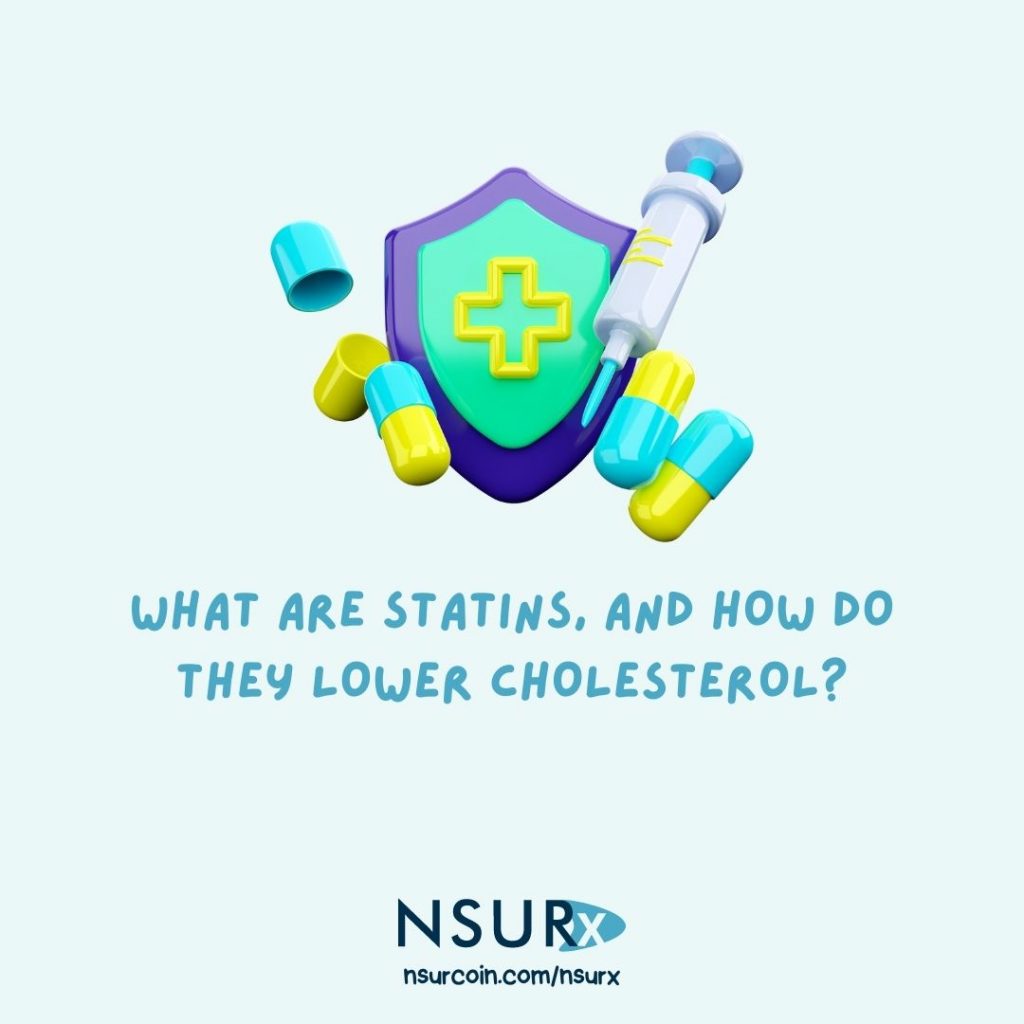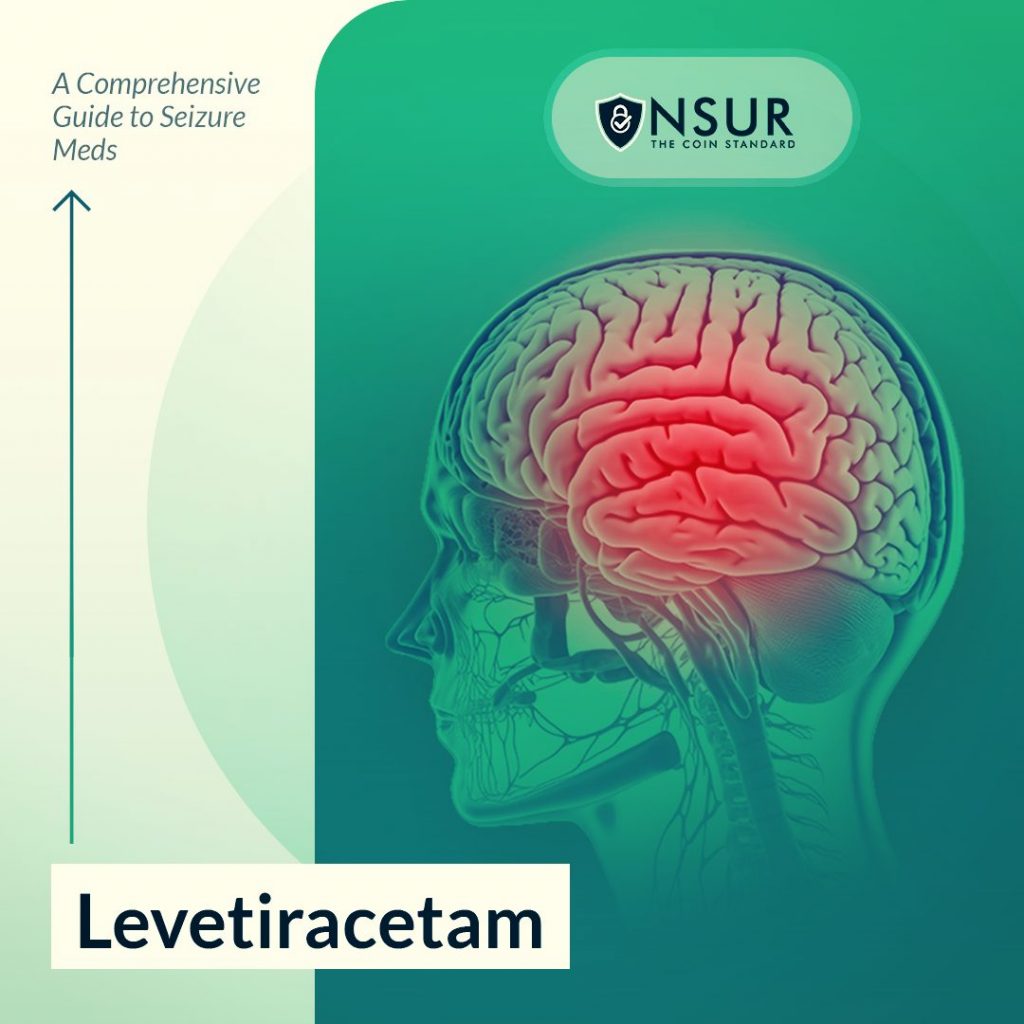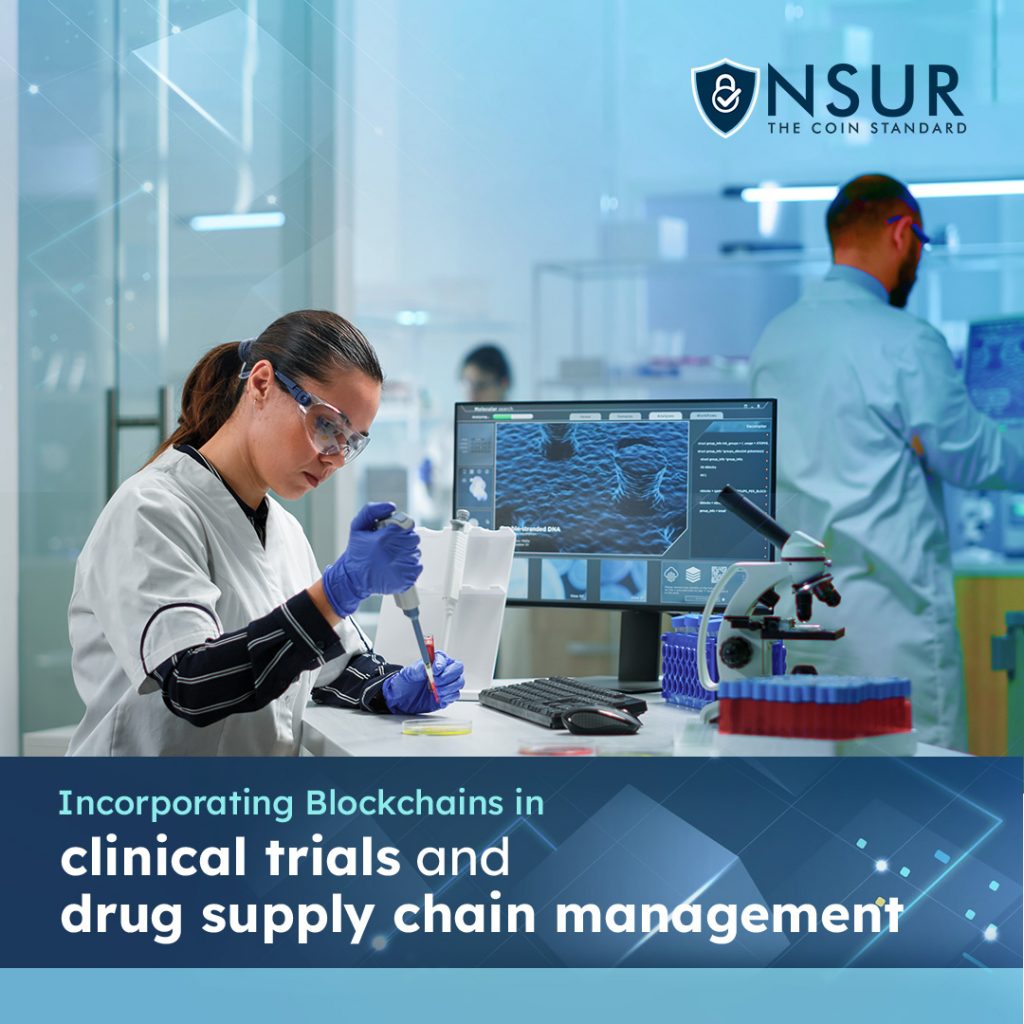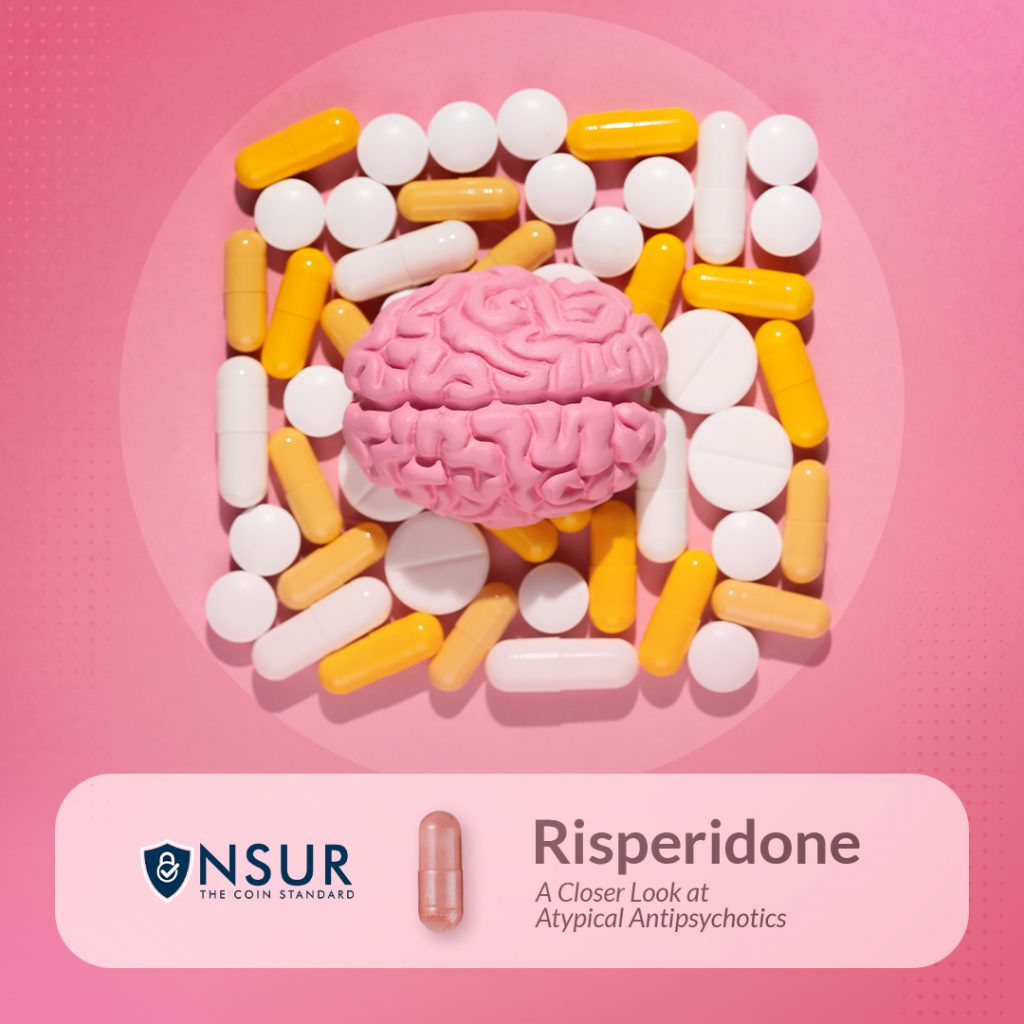In the realm of addiction treatment, especially concerning opioids, one medication often emerges as a cornerstone in the battle against dependency: Methadone. This post aims to shed light on how methadone plays a pivotal role in managing opioid use disorders (OUD), providing a beacon of hope for countless individuals striving for recovery.
What is Methadone?
Methadone, a long-acting opioid, is primarily used in the treatment of opioid addiction, including heroin and prescription painkillers. It works by binding to the same brain receptors as other opioids but does so more gently and for a longer duration. This mechanism reduces cravings and withdrawal symptoms, which are often major hurdles in overcoming opioid dependency.
The Methadone Maintenance Treatment (MMT)
Methadone Maintenance Treatment (MMT) is a comprehensive therapeutic approach that combines the administration of methadone with counseling and support services. This method has been in use since the 1960s and has amassed substantial evidence supporting its efficacy.
- Reducing Illicit Opioid Use: Studies have consistently shown that MMT reduces the use of illicit opioids. Patients in MMT are less likely to use heroin or other illegal opioids, as methadone fulfills their physiological need in a controlled manner.
- Decreasing the Risk of Infectious Diseases: Opioid use often involves risky behaviors like sharing needles, which can lead to the spread of HIV/AIDS and hepatitis. MMT, by reducing the need for illicit opioid use, consequently diminishes these risks.
- Improving Social Stability: Patients on methadone often experience improved social functioning. They’re more likely to maintain employment and stable relationships, and less likely to be involved in criminal activities.
The Challenges of Methadone Treatment
Despite its benefits, methadone treatment isn’t without its challenges. It requires regular visits to specialized clinics, which can be a barrier for some patients. Moreover, methadone, being an opioid itself, has the potential for misuse and must be carefully managed under medical supervision.
Methadone Vs. Other Treatments
When comparing methadone to other treatments like buprenorphine or naltrexone, it’s essential to understand that each has its unique profile. Methadone is often more accessible and cost-effective, but it requires more stringent monitoring. Buprenorphine, while offering more flexibility (like take-home doses), might not be as effective for individuals with severe OUD. Naltrexone, an opioid antagonist, is suitable for those who have already detoxed, but adherence can be an issue.
A Lifesaving Medication Amidst the Opioid Crisis
The opioid crisis continues to devastate communities across the globe. Methadone, as part of a comprehensive treatment plan, can be a lifesaving intervention. Its ability to stabilize individuals, reduce harm, and improve quality of life is undeniable.
Take advantage of NSURx for your prescription drugs!
With the NSURx Prescription Benefit Card, you can save money on your medications at more than 35,000 pharmacies across the United States.
You can save up to 80% on your medication by using an NSURx card. Hundreds of dollars in savings could be yours every time you fill out your prescription.
The more you shop with NSURx, the more NSUR Coins you will receive as a reward.
Conclusion
Methadone’s role in managing opioid use disorder is pivotal. While it’s not a one-size-fits-all solution, its effectiveness in reducing the harm caused by opioid addiction is significant. As we continue to battle the opioid epidemic, it’s vital to embrace and support all effective treatment modalities, including methadone, recognizing their role in saving lives and rebuilding futures.
Disclaimer
This blog post is intended for informational purposes only and should not be considered a substitute for professional medical advice. Always consult with a qualified healthcare provider for personalized recommendations and guidance.
